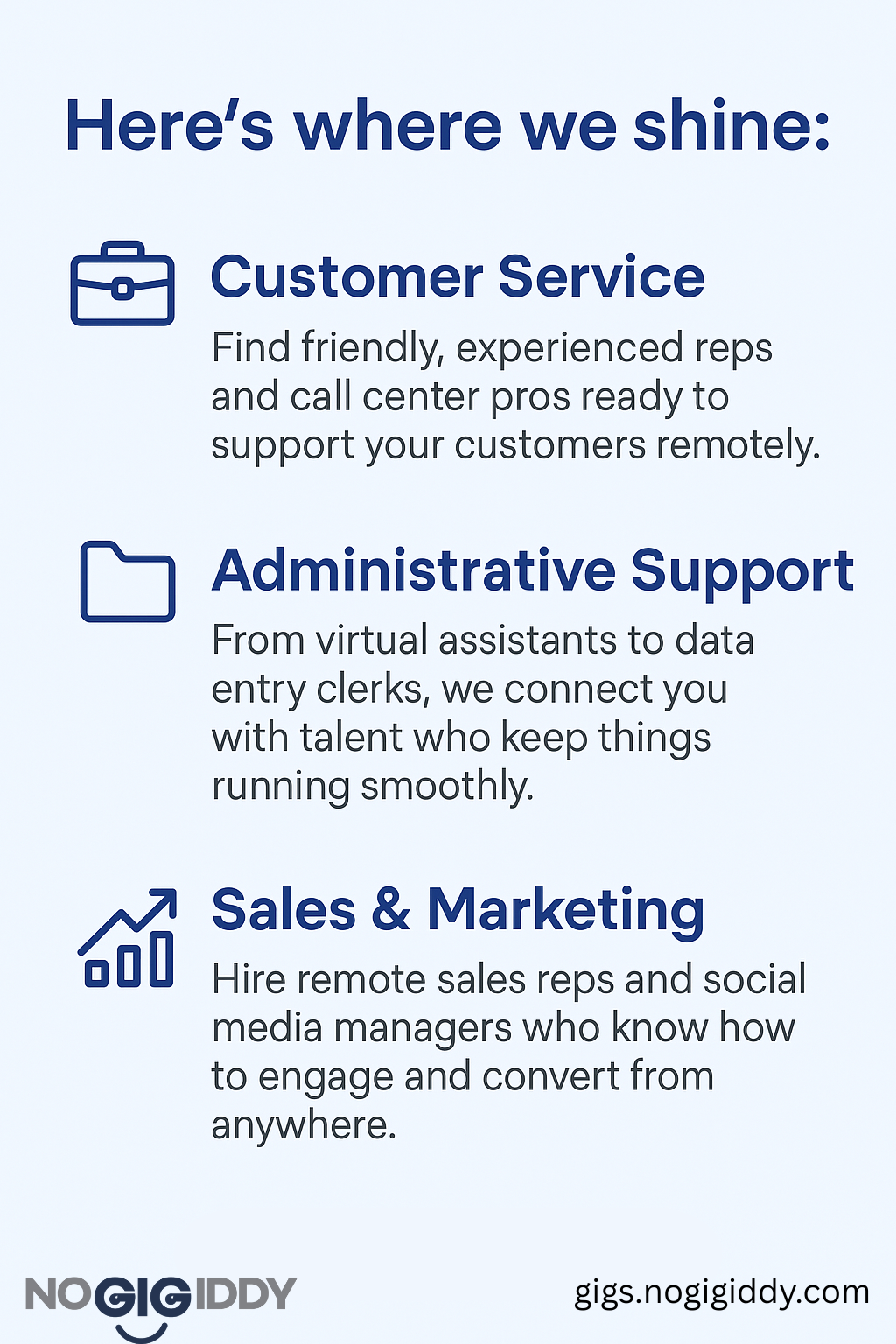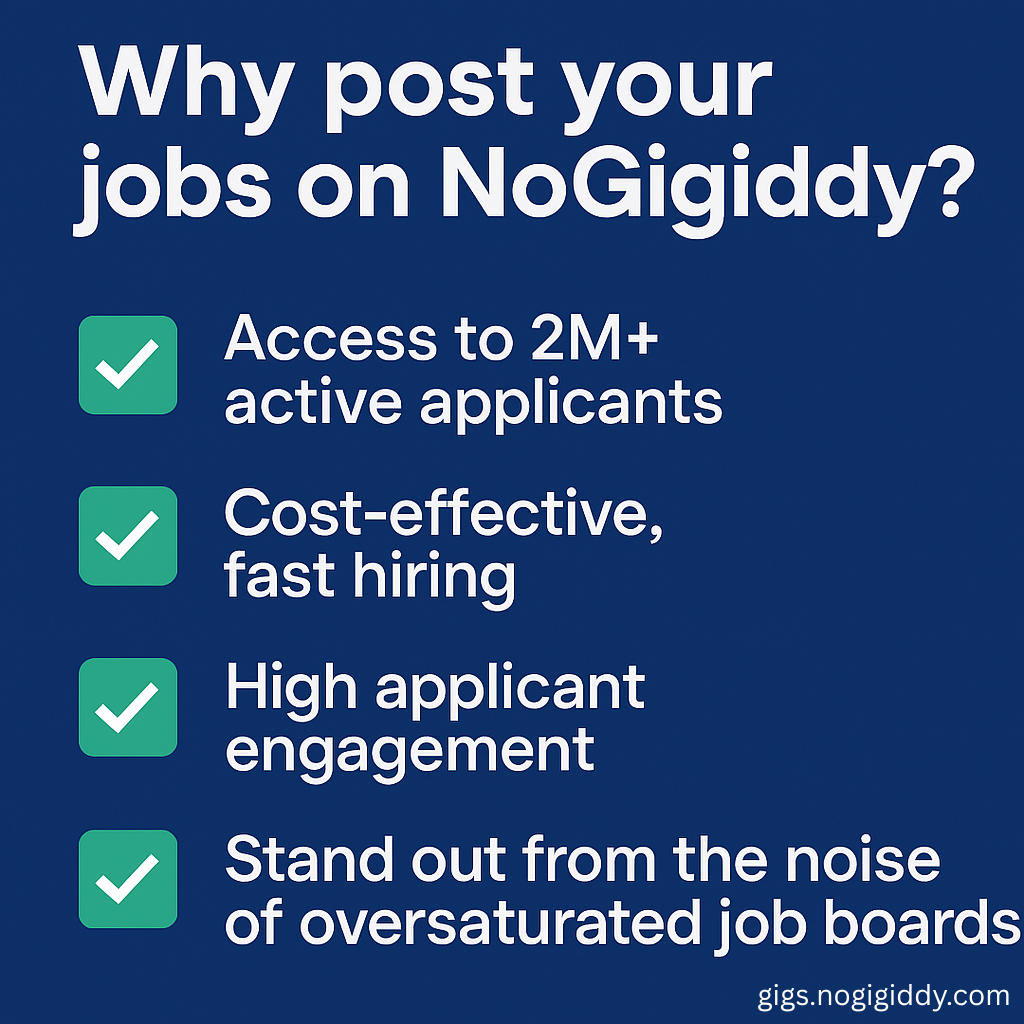Estimated reading time: 5 minutes
If you’ve ever thought, “How do I know if my remote team is actually on track?”—you’re not alone. Many business owners feel the same uncertainty. Without being in the same office, it can feel tricky to gauge productivity, track progress, and hold people accountable.
The good news? You don’t need constant supervision to keep your team aligned. What you do need are clear expectations and measurable KPIs (Key Performance Indicators).
This 5-minute read will walk you through why expectations and KPIs matter, how to set them, and how to keep your team accountable without micromanaging.

Why Clear Expectations Matter
Imagine this: you’ve hired a talented remote worker, but deadlines slip, communication feels vague, and you’re not sure what’s getting done. The problem isn’t the worker—it’s the lack of clarity.
When expectations are clearly written down and reviewed regularly, your team knows exactly what’s expected and how their performance is measured. That clarity reduces stress, prevents misunderstandings, and builds trust on both sides.

Setting Effective Expectations
To create alignment, here are the essentials you should always define:
- Working hours & availability. Are they expected to overlap with your business hours or just deliver results on deadlines?
- Deadlines & deliverables. What’s due, when, and in what format?
- Communication standards. How often should updates be shared, and through which tools (Slack, email, project management apps)?
- Decision-making authority. What decisions can they make independently, and when should they check in with you?
The more specific you are up front, the fewer problems you’ll need to resolve later.
Turning Expectations Into KPIs
KPIs make performance measurable. Instead of relying on gut feelings, you have data to confirm whether goals are being met. Here are examples:
- Customer service reps: Average response time, customer satisfaction ratings, number of tickets resolved.
- Marketing roles: Leads generated, conversion rates, campaign completion timelines.
- Project managers: Percentage of tasks completed on time, budget adherence, team satisfaction scores.
KPIs don’t just measure output—they show whether your team is working effectively and sustainably.

Keeping Your Team Accountable
Once expectations and KPIs are in place, accountability becomes easier. Here’s how to keep it going:
- Regular check-ins. Weekly or biweekly meetings ensure progress stays on track.
- Shared dashboards. Use project management tools like Asana or Trello so progress is visible in real time.
- Celebrate wins. Recognition motivates your team to keep striving toward their goals.
Remember: accountability is not about micromanagement. It’s about giving people the clarity they need to succeed independently.

Build Stronger Remote Teams with NoGigiddy
Clear expectations and measurable KPIs create alignment, accountability, and confidence on both sides. They allow you to manage outcomes instead of hours—making your remote team more efficient and engaged.
👉 Start building your high-performing remote team today. Post your first job on NoGigiddy for free at gigs.nogigiddy.com.
Because when expectations are clear, success follows naturally.
